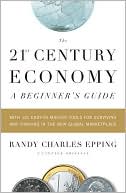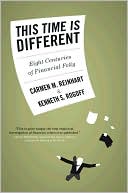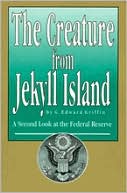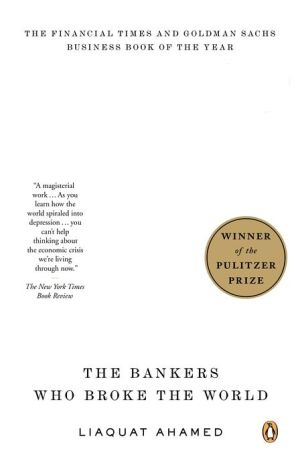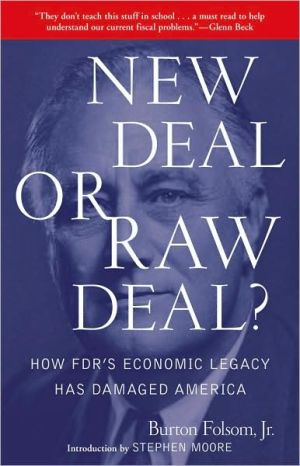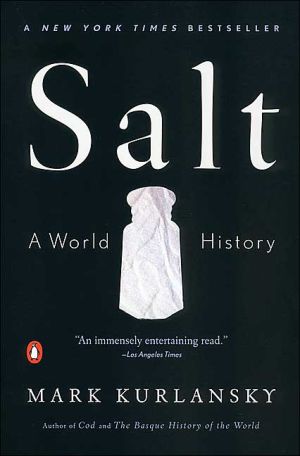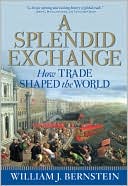The 21st Century Economy: A Beginner's Guide
Search in google:
A comprehensive guide to understanding today's global economy from the author of the bestselling A Beginner's Guide to the World Economy.While reporting on today's world, business and mainstream media alike use terms and mention trends that even the savviest consumer may find baffling. In his latest book, Randy Charles Epping uses compelling narratives and insightful analogies to clearly and concisely explain the rapidly changing way business is done in the twenty-first century, without a single chart or graph. Epping defines key ideas and commonly used words and phrases like: • Carbon footprint• WTO • Economy of scale • NAFTA• OutsourcingEpping also illustrates how central banks help navigate global crises and drive the global economy, discusses the benefits of Green Economics, shows how trade wars can be avoided, and explains the virtual economy, where multimillion dollar transactions take place in the blink of an eye. Complete with 89 easy-to-master tools for surviving and thriving in the new global marketplace and an extensive glossary, The 21st Century Economy—A Beginner's Guide is essential reading for anyone interested in understanding the complex economy of the world in which we live. Publishers Weekly Epping (A Beginner's Guide to the World Economy) offers a comprehensive guide to the global economy, arguing that economic literacy is a survival imperative in a fusion economy, where what happens in one corner of the globe can have unprecedented impact on the rest of the world. He gives a thorough and easy-to-understand explanation of the rudiments of global finance and provides readers with the tools to be able to make sense of future economic events. Sidebars scattered throughout the book go deeper into such terms and concepts as subprime mortgages, mortgage-backed securities and the difference between budget deficit and trade deficit. Epping also explores macroeconomics, the virtual economy, private equity and public good-and even how to eliminate poverty. A refreshing look at the present economic situation, minus the often confusing graphs, charts and jargon typical in works of this type, this book provides a solid understanding of economic basics, giving readers the much-needed tools they need to stay on top of future developments. (Mar.)Copyright © Reed Business Information, a division of Reed Elsevier Inc. All rights reserved.
Introduction ixMaps xiii1 What Is the Fusion Economy? 32 What Is Macroeconomics? 123 Central Banks and Global Crises-Who Really Controls the Global Economy? 204 Free Trade or Isolationism-How Can Trade Wars Be Avoided in the 21st Century? 435 Money, Money, Money-How Do Currencies Work in the New Global Economy? 636 Rage Against the Machine-Why the Big Fuss over Globalization? 787 What Is the Virtual Economy? 878 Getting Our Share-How Do We Invest in the New Global Economy? 999 Winners and Losers-How Do We Compare Investments in the 21st-Century Economy? 12610 Private Equity and Public Good-Who Really Controls the Companies of the World? 13211 Corporate Governance and Corporate Greed-How Are Businesses Managed in the 21st-Century Economy? 14312 Hedge Funds and Derivative Traders-The Wild Cards of the New Global Economy? 15413 Income Gaps and Development-What Can Be Done to Eliminate Poverty in the 21st Century? 16614 Drugs, Slavery, and Shady Deals-The Illegal Economy of the 21st Century 18115 What Is the Best Economic System for the 21st Century? 19816 Outsourcing and Immigration-How Have Demographics Transformed the World Economy? 20517 What Is the Green Economy? 21418 Health, Development, and Global Pandemics-How Has Public Health Become a Major Factor in the Global Economy? 229Epilogue 239Glossary 243
